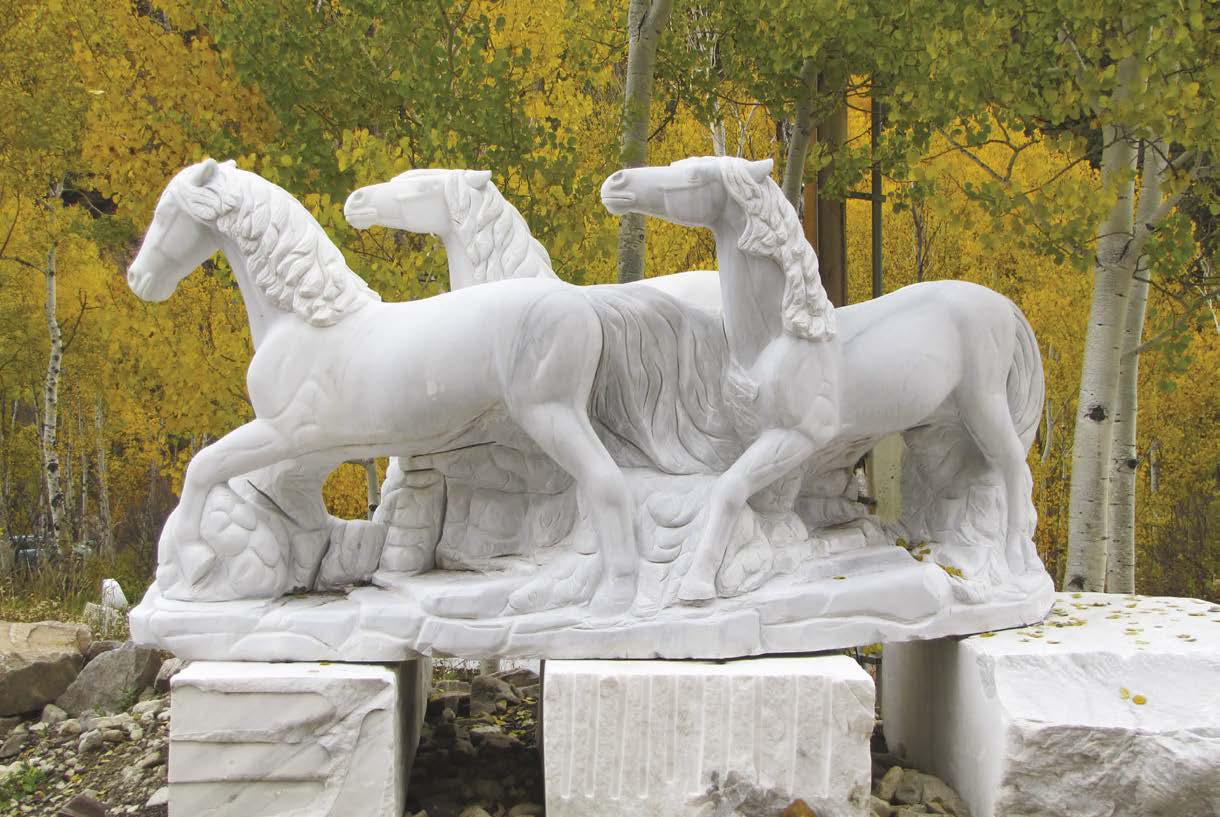
Durable yet soft enough to be workable, marble occurs in both solid and patterned colors from snow-white to a rainbow of soft pastels. With its fine grain, marble takes a gleaming polish and can be worked in great detail.
Because marble occurs in massive formations, it can be quarried as blocks suitable for the largest sculptures and most ambitious architectural applications. To many sculptors, marble's most appealing quality is its slight translucency which imparts a subtle glow to the polished stone.
OUT OF LIMESTONE
For all its beauty, marble originates as drab limestone, a common sedimentary rock that forms through the accumulation of shells, coral and other organic materials. Limestone consists primarily of the calcareous carbonate minerals calcite (calcium carbonate) and/or dolomite (calcium magnesium carbonate).
Most limestone is dark-gray in color; higher grades containing more than 70 percent carbonates have lighter-gray colors. With its dull luster and poor polishing qualities, limestone is not a particularly attractive rock.
But because of its abundance and low cost, it is widely used for exterior building blocks. Its biggest use, however, is as the raw material for manufacturing portland cement.
When subjected to metamorphic heat and pressure, high-grade limestone undergoes a dramatic change. It first takes on a plastic consistency as its fine-grained, crystalline structure is destroyed and many of its impurities driven off. Then, with reduced heat and pressure, this plastic mass recrystallizes as marble with a substantially higher carbonate content and a structure of interlocked grains of translucent calcite and/ or dolomite.
THE MAGIC OF MARBLE
This story is from the December 2022 edition of Rock&Gem Magazine.
Start your 7-day Magzter GOLD free trial to access thousands of curated premium stories, and 9,000+ magazines and newspapers.
Already a subscriber ? Sign In
This story is from the December 2022 edition of Rock&Gem Magazine.
Start your 7-day Magzter GOLD free trial to access thousands of curated premium stories, and 9,000+ magazines and newspapers.
Already a subscriber? Sign In
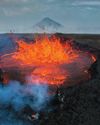
THE BRIGHT SIDE OF VOLCANIC ROCK
As a mineral resource, volcanic rock is decidedly short on glamour.
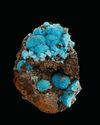
The Other Copper Minerals
12 Lesser-known Collectible Species

MINERAL COLLECTING -AND ROCK & GEM
Evolving Together FOR 54 YEARS
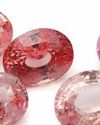
Gemstone Trends
A Look Back at 2024 & What to Expect in 2025
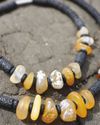
How to Make a GEM BEAD NECKLACE
No Lapidary Experience Needed!
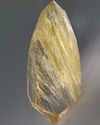
Framing Nature's Art
Faceting Rutilated Quartz for Beginners
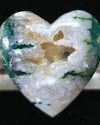
BEDAZZLED BLUE SEAM AGATE
More than several centuries ago, mining was the profession most often seen as befitting of men.
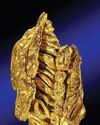
ROCK & GEM FIELD GUIDE:
Spinel is a captivating gemstone with a rich history of being mistaken for gems like ruby and sapphire.
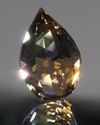
SNAKE SCALE DROP 1.5:1
This Faceting Focus is revisiting the briolette gemstone design because of its popularity with independent and hobby gemstone faceters.
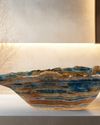
STONE CHIC
How Earth-Inspired Decor Brings Comfort to our Home